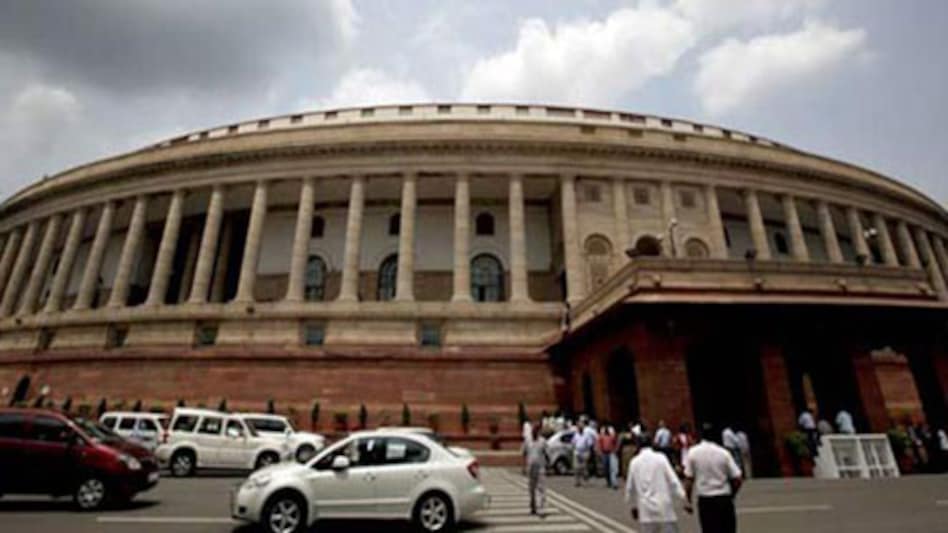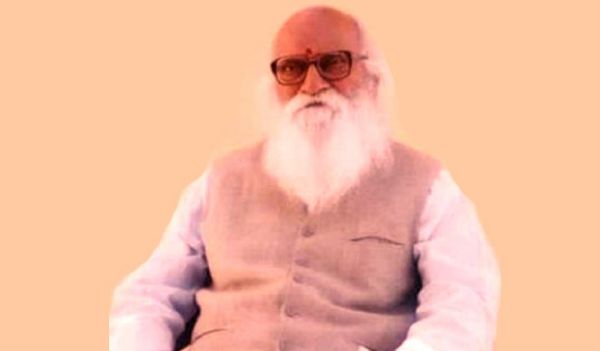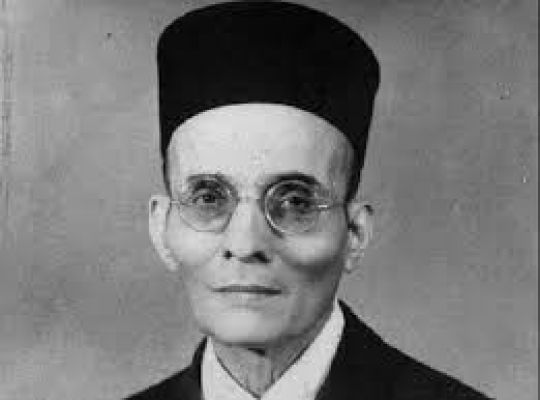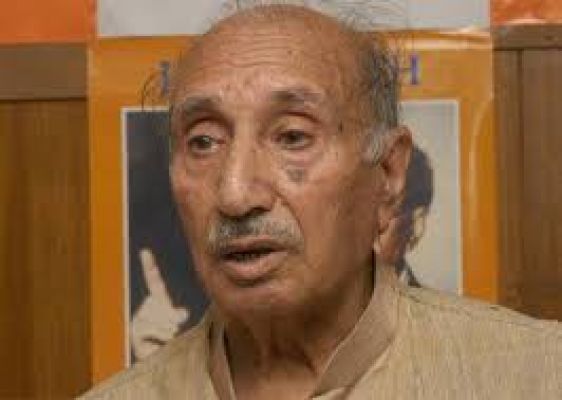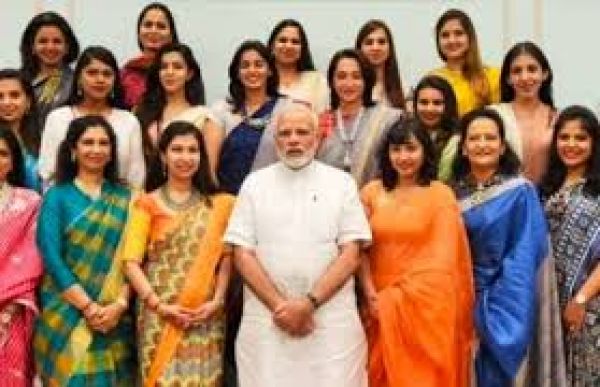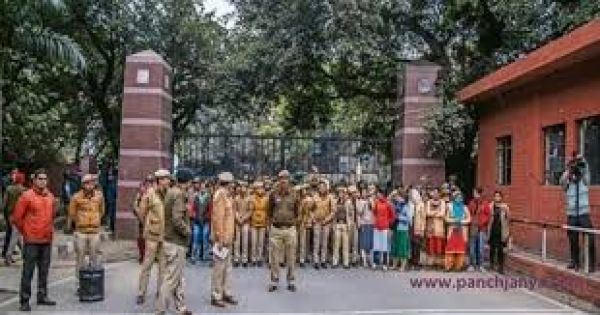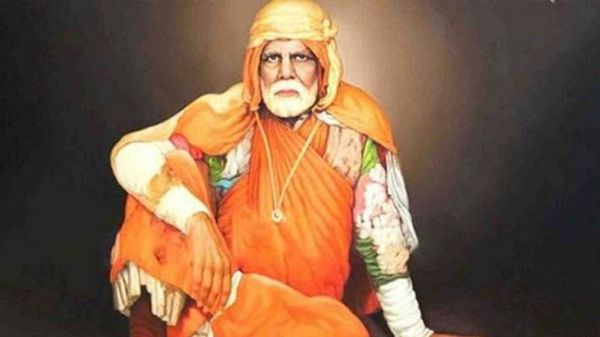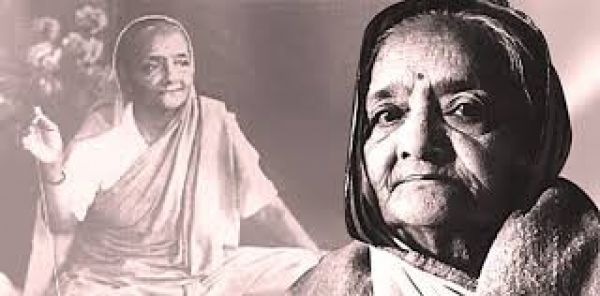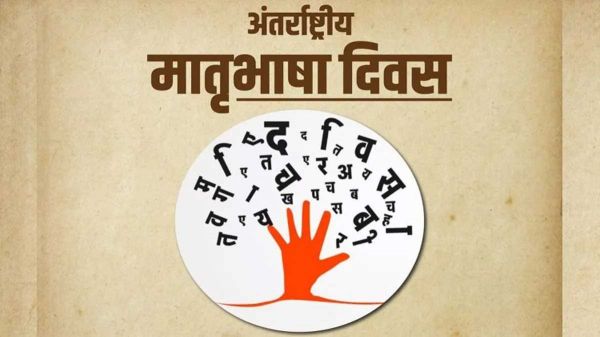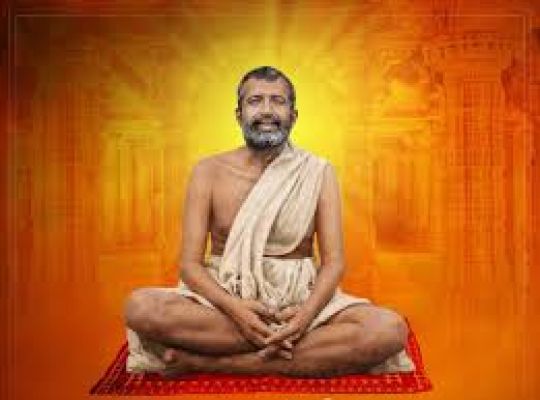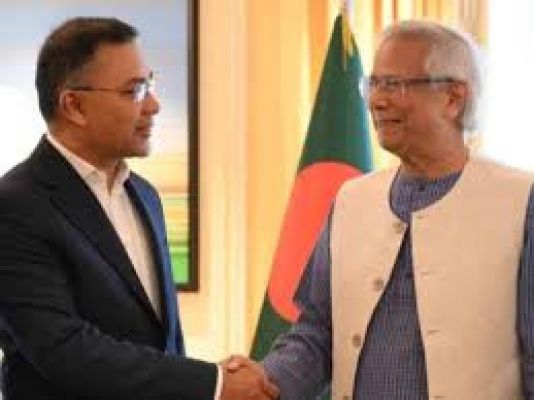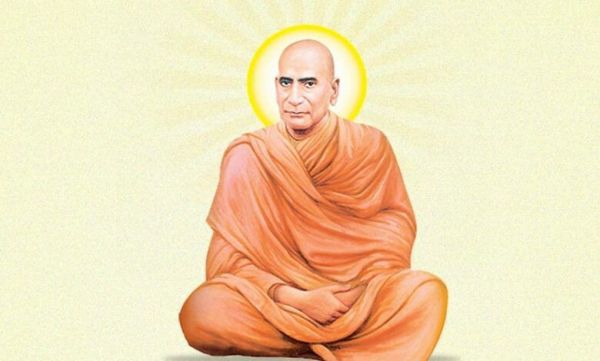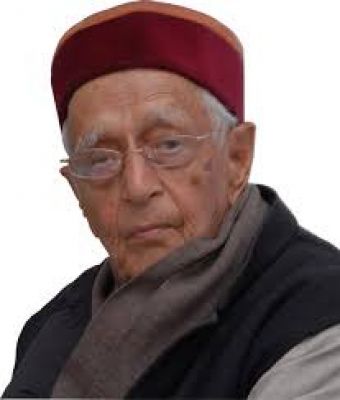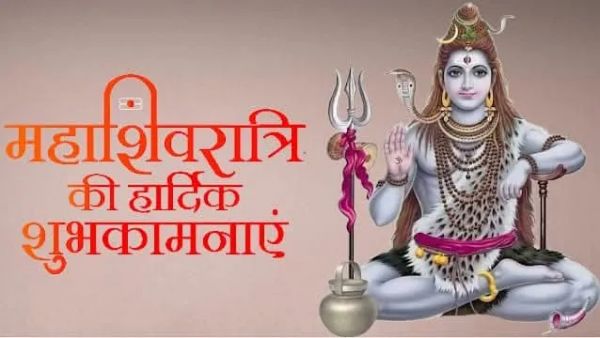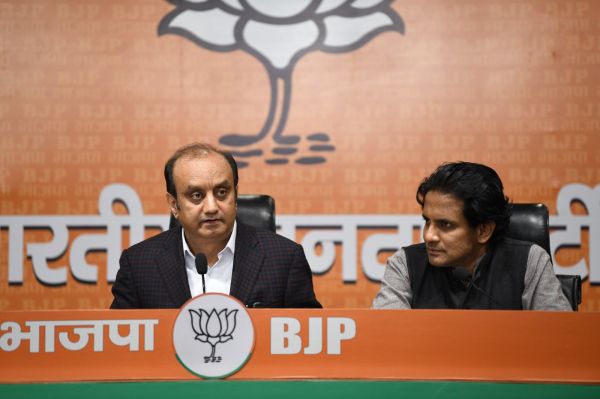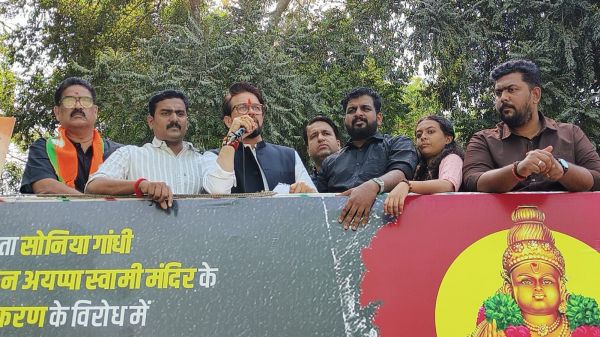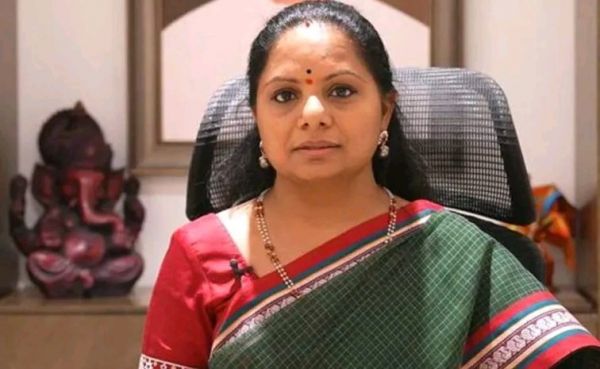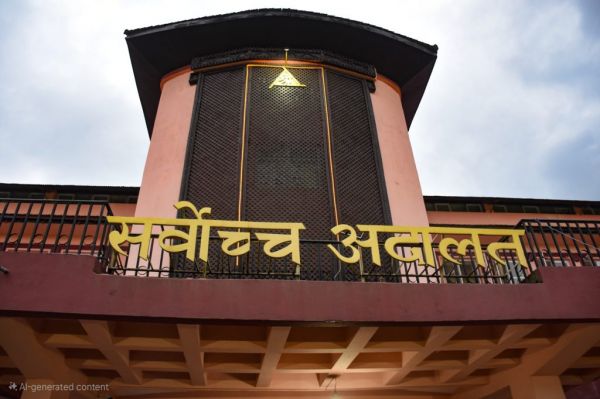Nobody believed the BJP govt would keep its promise of further reforms to electoral funding. The real disappointment was the too-hot, leave-it-to-a-wiser-generation response of the SC.-TP
Finally, on 1 April 2017, it was legalised with the Union Budget taking effect. So, it has remained for five crucial years since, while a new national government and two-dozen state governments have been elected, toppled, re-elected and so on.
Now, with the long-frozen hearing on the challenge to the Modi government’s anonymous electoral bonds (inserted in that 2017-18 budget) finally listed by the Supreme Court registry for 19 September (it isn’t on its roster formally yet, so fingers crossed) India will see one last opportunity. It was in early April 2019 that a high-powered three-judge Supreme Court bench headed by Chief Justice Ranjan Gogoi, and including Justices Deepak Gupta and Sanjiv Khanna, passed an interim order. It was, regrettably, so indecisive that it made it seem as if Alexander Pope had written his ‘willing to wound, and yet afraid to strike’ line specifically for it.
We have to weigh our words carefully when questioning the top court at any time, but especially so in this case. Because, more than passing an interim order that would allow them to revisit the case in detail soon, it seemed more like a case of kicking the can of worms down the road indefinitely. That ‘indefinitely’ has already consumed three and a half years and the tenure of three chief justices since. Chances are, by the time this hearing gathers pace, we will be in the era of the fifth.
We are inured to endless judicial delays. This has provided a perennial theme for Bollywood movies. So deeply ingrained have the judicial delays and their acceptance become in our culture that even our top judges now use that immortal “tareekh-pe-tareekh” line from Sunny Deol’s Damini (1993) when they berate some slow-moving high courts.
This case, however, seemed more than merely a victim of the usual delays. This looks, and I say it with the greatest humility and respect, a case of risk avoidance. It looks too messy, let’s leave it for later. In any case, many states had already voted in the first phase of the 2019 general elections the previous day. For sure there should be transparency, the bench said in that interim order. And they gifted us transparency. It is just that it was the transparency of the sealed envelope.
They said every party had to give the details of donations received through these anonymous electoral bonds to the Election Commission of India by 30 May 2019 in sealed envelopes. It was then left to the ECI to decide whether, when, and how to reveal these. In effect, they tossed the ball sideways to the adjoining court: The ECI’s. Which has sat tight on these. It would be foolhardy for superannuated civil servants to rush in where the apex court judges fear to tread.
Now, fear is a rude word, but I merely use an established, cliched phrase. We can put it differently, using a line from Chinese strongman Deng Xiaoping. In the 1988 summit meeting with Rajiv Gandhi in Beijing, he made his case for putting the border dispute out of the way by arguing, with typical Chinese flourish, that “our generation perhaps did not have the wisdom to resolve an issue as complicated as the border. Let us, therefore, leave it to a wiser generation in future and progress where we can.”
It seems more reasonable that the interim April 2019 order reflected some such thinking. The question is, has the generation of judges with that wisdom risen now.
Even when the late Arun Jaitley brought in these electoral bonds in his 2017-18 budget, he had conceded that it was only a partial reform. This was just the first step, he said, to take black money out of electoral funding. That was a reasonable point as until then rich individuals, corporates good or not quite so, property sharks, mining barons, criminals, smugglers, thugs, just anybody could bring cash in suitcases or wheelbarrows and give it to the political parties and leaders they believed in — or needed to cultivate. Now they were able to buy bonds from the State Bank of India from their white money.
They had a further incentive in keeping it in the white domain because political contributions through these were tax deductible. It also enabled the political class to migrate to the same white environment because the contributions they received were tax-exempt. But, if it was the first step towards transparency, the exclusion of the logical next made it a remedy worse than the disease.
This is how it worked out. A donor — usually a corporate — could go to the State Bank of India and buy the electoral equivalent of a bearer cheque or bond. These could just be given away to the party of their choice. Which, in turn, would deposit it into a designated bank account. The donor doesn’t need to tell anybody who the bonds are being given to, the recipient needn’t disclose where they’ve got it from.
So, while the first step brought electoral funding from black into white money, the second brought in the cloak of anonymity. It was still like money being passed between interested parties in total darkness without the voter knowing who paid whom and how much. Or the citizen and any of the institutions knowing if any decisions could’ve been influenced by such payments. An anonymous contribution would still draw by default the suspicion of being a bribe. It was now worse than before. Fully legalised, tax-deductible electoral corruption.
Let’s explore it further. The voter, the citizen did not know who was paying whom or whether any decisions were a quid pro quo for this. Who knows, for example, why massive tariff raises were suddenly handed out to one sector, say steel, when we had no way of ruling out a cartelised industry making a sizeable contribution of the same bonds?
Further, while no one outside knew anything, the ‘system’ knew it all. After all, a PSU bank knows exactly who has bought or which political party has deposited what. The rest needs a simple matching of bond numbers. Determining who’s a friend is this simple for the ‘system’. The government of the day would therefore know not only who to reward but also who to punish if it so wished.
Now you understand why we say the 65-year battle against electoral corruption was lost on 1 April 2017 and why the new electoral bonds, instead of cleaning up the system, ended up legalising it.
Given what our expectations from the political class are, nobody believed the BJP would keep its promise of further reforms. The disappointment was the too-hot, leave-it-to-a-wiser-generation response of the Supreme Court of India. BY TP
It’s been more than five years since the bonds came in. India’s electoral funding is now even more distorted than in the era before this cynical ‘reform’. Can India count on its most respected institution to bring clarity, and redeem itself in the process?



